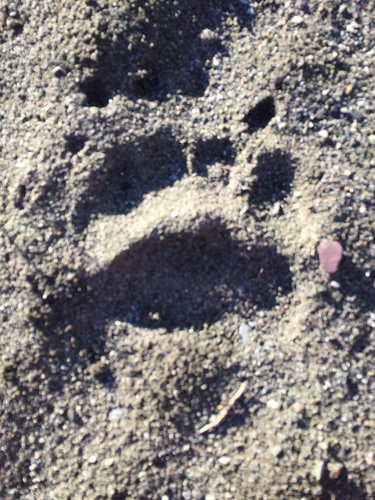VikingsGuy
Well-known member
I doubt the statistics will ever be this granular, but theoretically the relevant comparison is probably between (a) injury/death rates for hunters in the western states per day hunted vs (b) non-grizz caused injury/death rates for hunters particularly in grizz areas per day hunted vs (c) grizz caused injury/death rates for hunters per day hunted.I am curious what might be a better comparison
And since the data will be spotty, folks just have to make their own anecdotal call on the risk/benefit to them.





